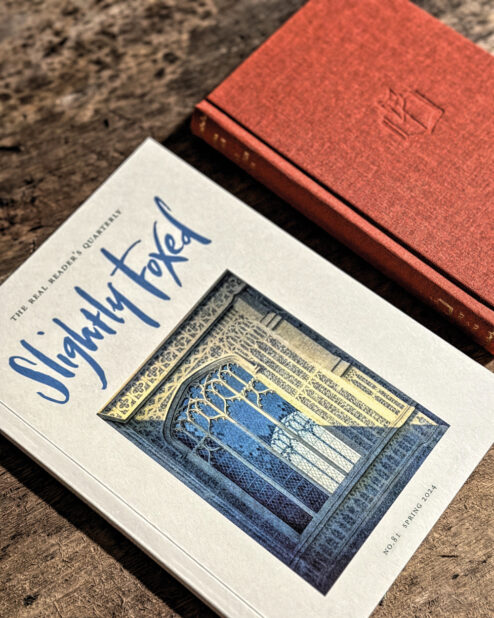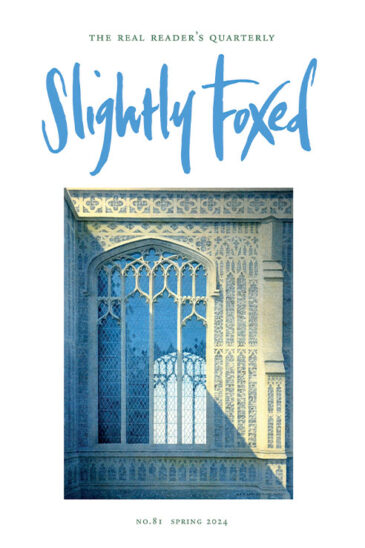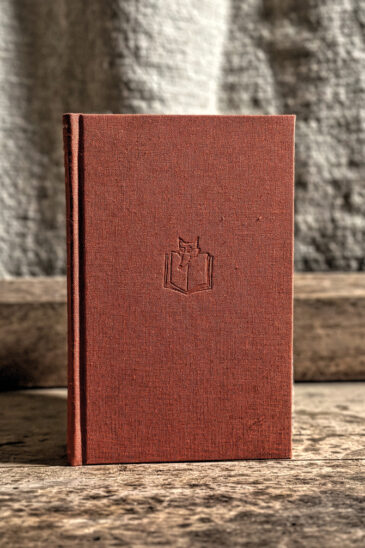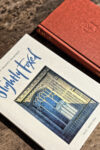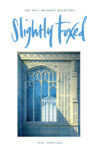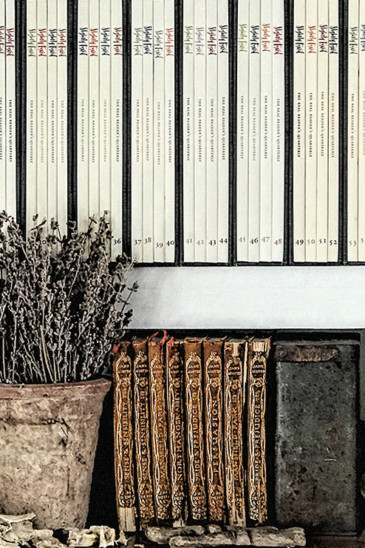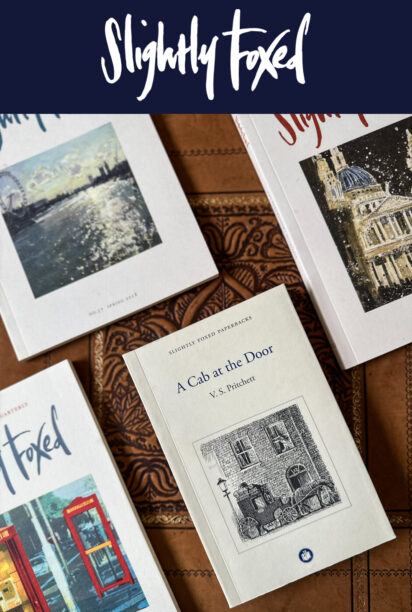Our literary gift bundle, A Taste of Slightly Foxed, combines the current issue of the quarterly – Issue 81 – and our new Slightly Foxed Edition, No. 66: My Salinger Year, and makes an ideal introduction to Slightly Foxed.
Slightly Foxed Issue 81
In this issue: Adam Foulds meets a man who wasn’t there • Frances Donnelly remembers her first job • Andy Merrills follows the path of a storm • Miranda Seymour discovers a haunting first novel • Anthony Gardner gets caught up in the Troubles • Alexandra Pringle falls for Barbara Trapido’s people • Brandon Robshaw salutes Captain Carruthers • Morag MacInnes battens down the hatches • Christian Tyler leans to the right • Posy Fallowfield finds herself in a book, and much more besides . . .
SF Edition, My Salinger Year (No. 66)
In the winter of 1996, 23-year-old Joanna Rakoff moved to New York City and took a job as assistant to a colourful, old-style literary agent whose wood-panelled office on Forty-Ninth Street was still stuck in the era of the typewriter, the Dictaphone and the photocopier. One of the Agency’s chief clients was J. D. Salinger, and when Rakoff was given the task of dealing with the steady stream of fan mail to the famously reclusive novelist she found herself becoming emotionally involved. Instead of sending the usual form letter, she started writing back. In this deliciously funny coming-of-age memoir, set against the backdrop of 1990s New York and the eccentric world of the Agency, she describes what happened next.





